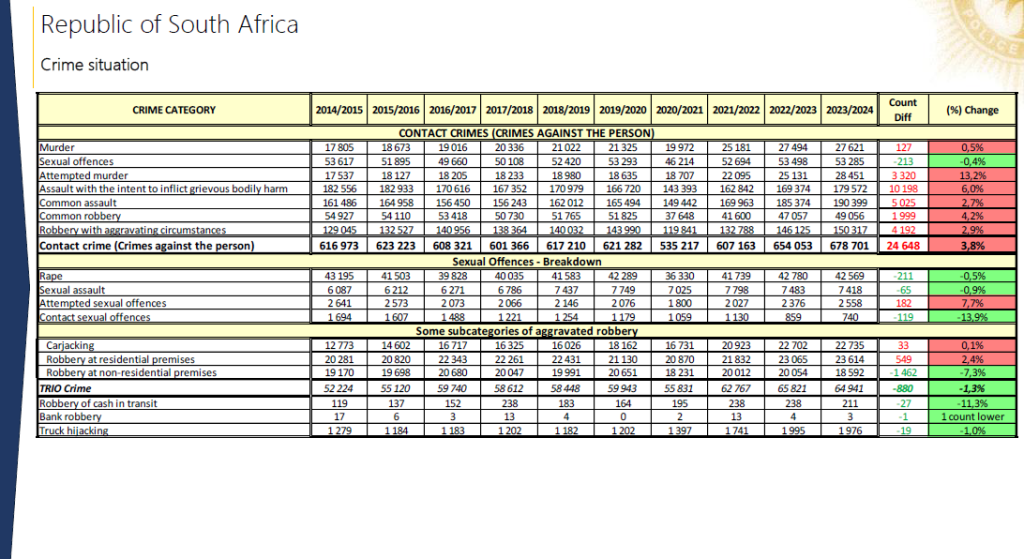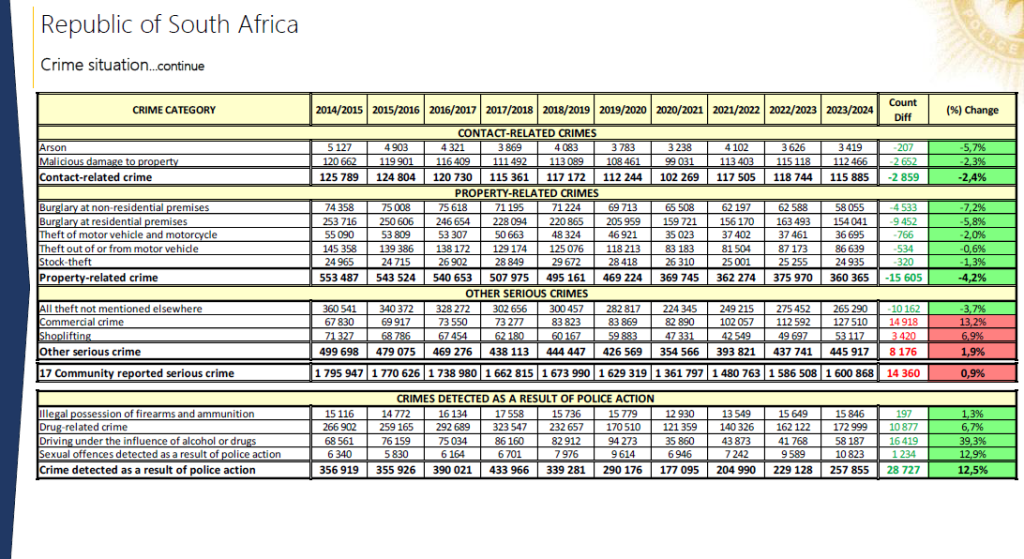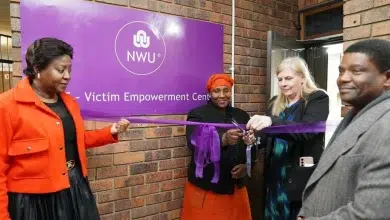The CEDAW Gap: South Africa’s Ongoing Struggle Against Domestic Violence

Table of contents
Addressing the CEDAW Gap in South Africa: Tackling Domestic Violence and Promoting Gender Equality
South Africa faces a significant challenge with high rates of domestic violence, despite legislative frameworks and international commitments designed to address gender-based violence. One such commitment is the Convention on the Elimination of All Forms of Discrimination Against Women (CEDAW), which South Africa ratified in 1995. However, a “CEDAW gap” persists. This highlights the gap between the country’s obligations under the convention and the ongoing prevalence of domestic abuse. This article explores the state of domestic violence in South Africa. It examines how the country responds under CEDAW, the key gaps in implementation, and the essential steps needed to protect victims and advance gender equality.
This urgent report reveals how Youth Unemployment in South Africa Fuels Rise in Sexual Exploitation and Gender‑Based Violence Against Young Women. Click to explore the full story and its societal impact.
Understanding CEDAW and Its Importance to Domestic Violence
CEDAW, often referred to as the international bill of rights for women, obligates signatory states to eliminate discrimination against women in all its forms, including violence. Specifically, Article 2 mandates the adoption of measures to prevent and eliminate violence against women, punish perpetrators, and provide adequate protection and support for victims.
ARTICLE 1
For the purposes of the present Convention, the term “discrimination against women” shall mean any distinction, exclusion or restriction made on the basis of sex which has the effect or purpose of impairing or nullifying the recognition, enjoyment or exercise by women, irrespective of their marital status, on a basis of equality of men and women, of human rights and fundamental freedoms in the political, economic, social, cultural, civil or any other field.
ARTICLE 2
States Parties condemn discrimination against women in all its forms, agree to pursue by all appropriate means and without delay a policy of eliminating discrimination against women and, to this end…
As a CEDAW state party, South Africa integrates its principles into national laws, such as the Domestic Violence Act of 1998 and the Criminal Law (Sexual Offences and Related Matters) Amendment Act. The country also submits periodic reports to the CEDAW Committee, which assess progress. These reports identify challenges in meeting obligations.
The Scale of Domestic Violence in South Africa
South Africa is one of the world’s most affected countries by domestic violence. According to the 2024 South African Police Service (SAPS) crime statistics, more than 260,000 cases of domestic violence were reported. However, experts warn that these numbers are likely to be much higher. Many incidents go unreported due to stigma, fear, or mistrust of law enforcement.

Women and children are the primary victims, suffering from physical, emotional, and economic abuse. The COVID-19 pandemic worsened this situation, with lockdowns increasing vulnerability. This contributed to a surge in reported cases of domestic abuse.

The CEDAW Gap: Challenges in Implementation
Weak Enforcement of Existing Laws
Despite South Africa’s comprehensive legal frameworks, enforcement remains inconsistent. Many victims struggle to obtain protection orders, and investigations into domestic violence cases often suffer from delays or insufficient attention. The lack of resources and limited training for police and judicial systems impede effective responses.
Societal and Cultural Barriers
Patriarchal norms and deep-rooted gender biases persist in many South African communities, which contributes to the underreporting of domestic violence. Victims often face societal pressure to remain silent, and perpetrators are rarely held accountable for their actions.
Limited Access to Support Services
The availability of shelters, counselling, and medical services for survivors is often inadequate, especially in rural and under-resourced areas. This lack of support services severely limits victims’ ability to escape abusive situations and rebuild their lives.
Data and Reporting Limitations
The country’s data collection systems on gender-based violence are fragmented and incomplete. This leads to underestimations of the true scale of the problem. Improved monitoring systems are critical for effective policy-making, resource allocation, and long-term solutions.
Government and Civil Society Efforts to Address Domestic Violence
The South African government has initiated several strategies to reduce domestic violence. One notable effort is the National Strategic Plan on Gender-Based Violence and Femicide (NSP-GBVF). This plan allocates funding and sets targets for addressing violence against women. The establishment of specialised police units and dedicated courts aims to enhance the response to gender-based violence.
The National Strategic Plan was adopted in 2020 as a society-wide programme to end gender-based violence and femicide. It is organised around six pillars, which are aimed at prevention of GBV, strengthening the criminal justice response to GBV, and providing support, care and healing to survivors of gender-based violence.
Civil society organisations have also played an instrumental role. They provide direct services to survivors, raise awareness, and advocate for policy changes. The collaborative efforts between government, NGOs, and local communities are crucial for challenging stigma and advancing prevention measures.
Moving Forward: Closing the CEDAW Gap
To fully meet its CEDAW obligations and effectively combat domestic violence, South Africa must prioritize the following actions:
- Strengthening law enforcement training to sensitise officers on gender-based violence and improve victim support.
- Increasing access to shelters and support services, particularly in rural areas and underserved regions.
- Enhancing data collection and transparency to guide better decision-making and track progress in addressing gender-based violence.
- Engaging men and boys in the fight against gender-based violence to challenge harmful societal norms.
- Expediting judicial processes to ensure swift, victim-centred justice that holds perpetrators accountable.
- Expanding public education campaigns to change societal attitudes that tolerate domestic violence.
Discover how Police Step Up Fight Against Gender-Based Violence Amid Ongoing Challenges. Click to read the full story.
Bridging the CEDAW Gap for Gender Equality
Despite South Africa’s strong legal framework and international commitments under CEDAW, the persistent prevalence of domestic violence exposes a significant implementation gap. Bridging this gap requires sustained efforts from government agencies, civil society, and local communities. These efforts are necessary to protect victims, dismantle systemic barriers, and foster a culture of zero tolerance toward domestic abuse.
Progress in addressing domestic violence is essential not only for women’s safety but also for achieving South Africa’s broader goals of justice and gender equality. Closing the CEDAW gap will ensure that South Africa upholds its commitment to gender equality. This is crucial for creating a safer society for all citizens.




